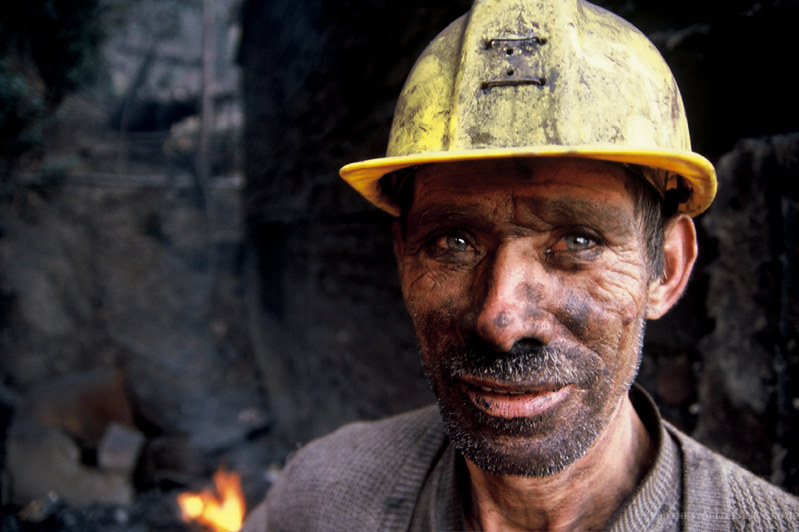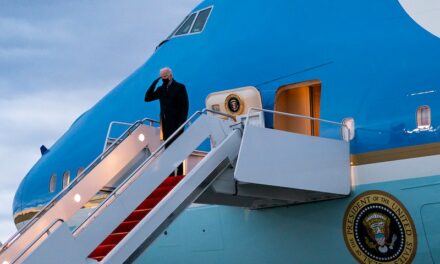The BBC has taken the extraordinary step of issuing “blackface warnings” ahead of a documentary commemorating the 40th anniversary of the coal miner’s strike. The move has left many scratching their heads and wondering if sanity has officially vacated the broadcasting corporation.
The documentary, set to explore the tumultuous events of the 1980s strike, has been deemed potentially offensive due to its use of archival footage depicting miners with coal-dusted faces. In a pre-emptive strike against potential outrage, the BBC is cautioning viewers about the historical context of the footage to prevent any misguided accusations of racial insensitivity.
“It’s utterly ludicrous,” exclaimed one bewildered viewer. “We’re talking about coal miners here, not minstrel performers! Are we going to put trigger warnings on every historical documentary now?”
Indeed, the decision to issue “blackface warnings” has ignited a firestorm of mockery and criticism, with many accusing the BBC of bowing to the altar of political correctness at the expense of historical accuracy.
“This is what happens when woke ideology infiltrates every corner of society,” lamented a cultural commentator. “Even the noble profession of coal mining isn’t safe from the long arm of virtue signaling.”
While the BBC insists that their intentions are noble and rooted in sensitivity, others argue that the warnings only serve to infantilize viewers and undermine the intelligence of the audience.
As the documentary airs, viewers will undoubtedly be on the lookout for any signs of historical revisionism or overt pandering to modern sensibilities. But one thing is for certain: the BBC’s “blackface warnings” have ensured that the coal miner’s strike will be remembered not just for its historical significance, but for the absurdity of its portrayal in the modern media landscape.
















